
Homeowners should brace themselves for a common and potentially disastrous issue as winter’s icy grasp deepens: frozen pipes. Water in pipes freezes in cold weather, causing them to expand and burst, leading to costly repairs and water damage. Sewer Surgeons, authorities in plumbing and sewer solutions, provide crucial guidance on how to prevent frozen pipes to help you save your house throughout the winter.
Cover Exposed Pipes with Insulation
One of the best methods to prevent your pipes from freezing is insulation. Sewer surgeons advise insulating pipes in areas of your house that aren’t heated. Foam or fiberglass insulation sleeves or wrapping can serve as a barrier to assist in maintaining consistent temperatures and prevent pipes from freezing.
Stop Gaps and Cracks
Even the slightest cracks could allow cold air to enter your house. Examine the outside of your house carefully and seal any gaps or fractures that could allow cold air to enter. This keeps your home warmer by preventing frozen pipes and increasing energy efficiency.
Heating
It’s essential to keep the internal temperature constant to prevent frozen pipes. Sewer Surgeons advises you to keep your thermostat adjusted to at least 55°F (13°C) even while you’re not at home. This ensures that during cold snaps, the temperature in your house stays above freezing, safeguarding your pipes.
Allow Faucets to Drip
On very cold evenings, letting faucets drip a little will release pressure in the pipes and reduce the likelihood of freezing. According to sewer surgeons, faucets connected to pipes that go through exterior or unheated walls should be your main focus. Even at a slow trickle, water must always be moving to prevent freezing.
Cut Off and Empty the External Hoses
Freezing weather can be especially dangerous for outside hoses and connectors. Unhook and drain any outdoor hoses before winter arrives. To prevent freezing, shut off the water supply to external faucets and remove any leftover water, if possible.
Open Cabinet Doors
In areas where pipes are housed behind cabinets, such as beneath sinks, Sewer Surgeons advise leaving cabinet doors open throughout the winter. This reduces the likelihood of freezing by allowing warm air to circulate around the pipes.
Purchase a Pipe Heating Cable
To add extra security in vulnerable areas, think about using a pipe heating cable. This specially-made wire may be wrapped around pipes to generate a controlled amount of heat and keep them from freezing. Sewer surgeons can assist in installing this preventive measure to enhance winter pipe protection.
Call Sewer Surgeons Right Today!
Homes can suffer greatly from frozen pipes, but you can lessen the likelihood of serious damage if you act quickly. Sewer surgeons, who focus on plumbing and sewer solutions, emphasize the need for insulation, sealing, and maintaining a steady temperature. By Following These Procedures, you can prevent frozen pipes and ensure the safety of your home throughout the winter. Avoid frozen pipes and have a worry-free winter by taking the necessary safeguards to prevent the cold weather from wreaking havoc on your plumbing.

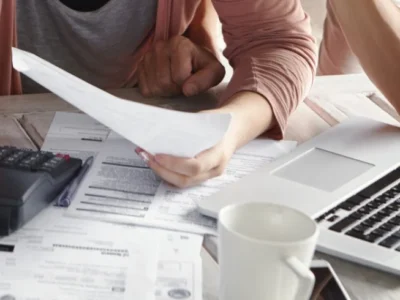
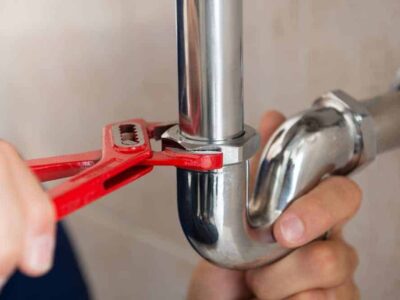
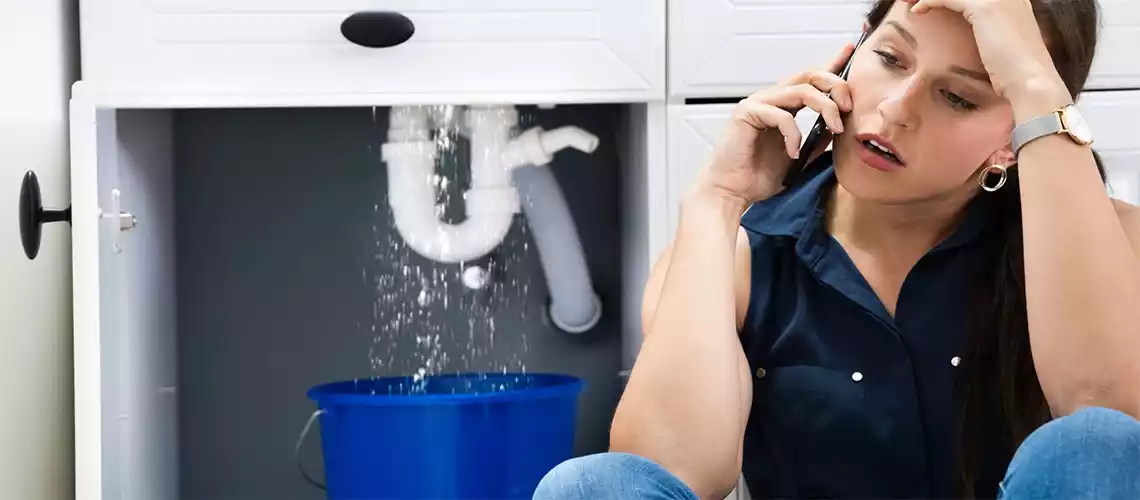
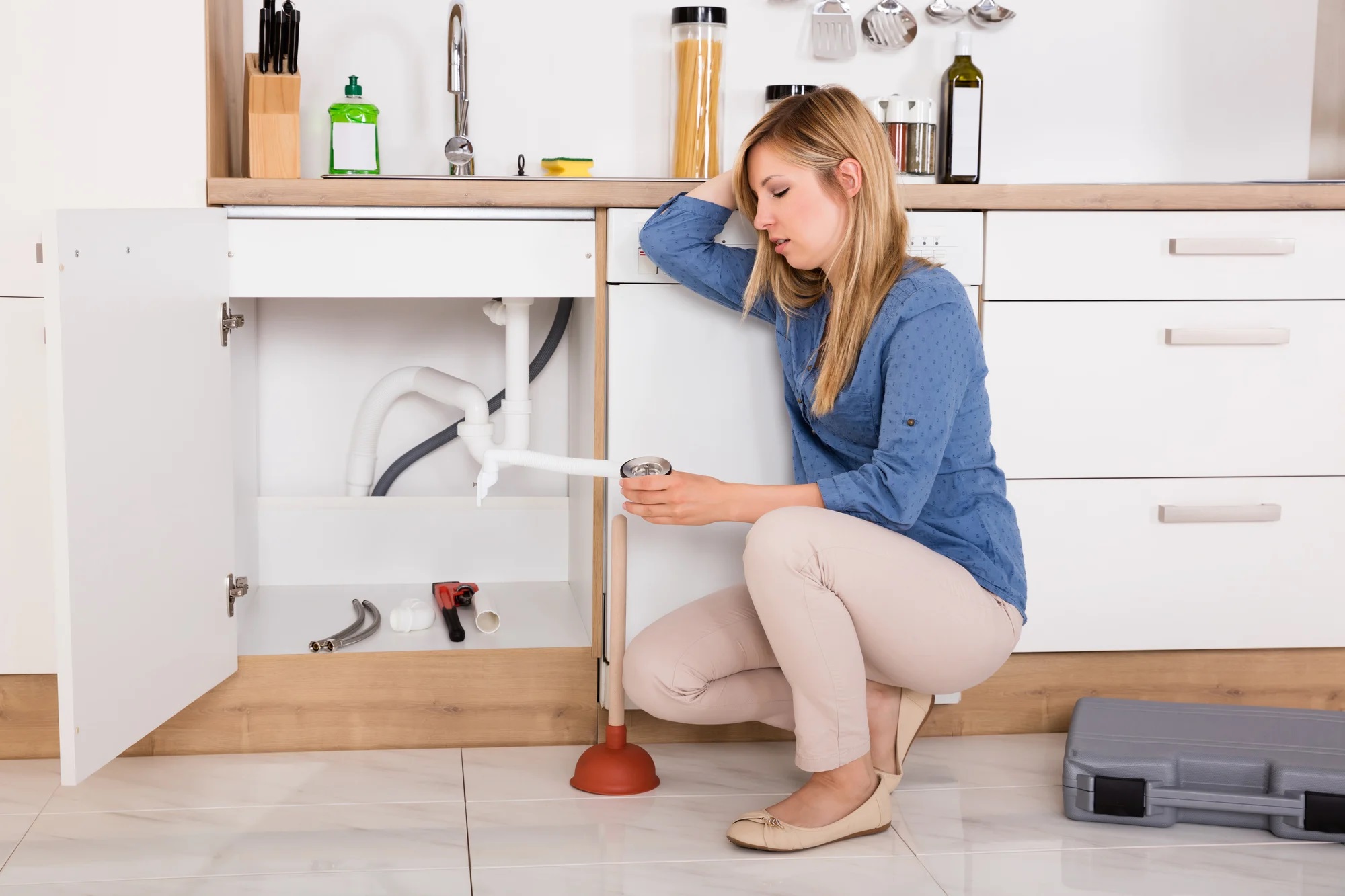
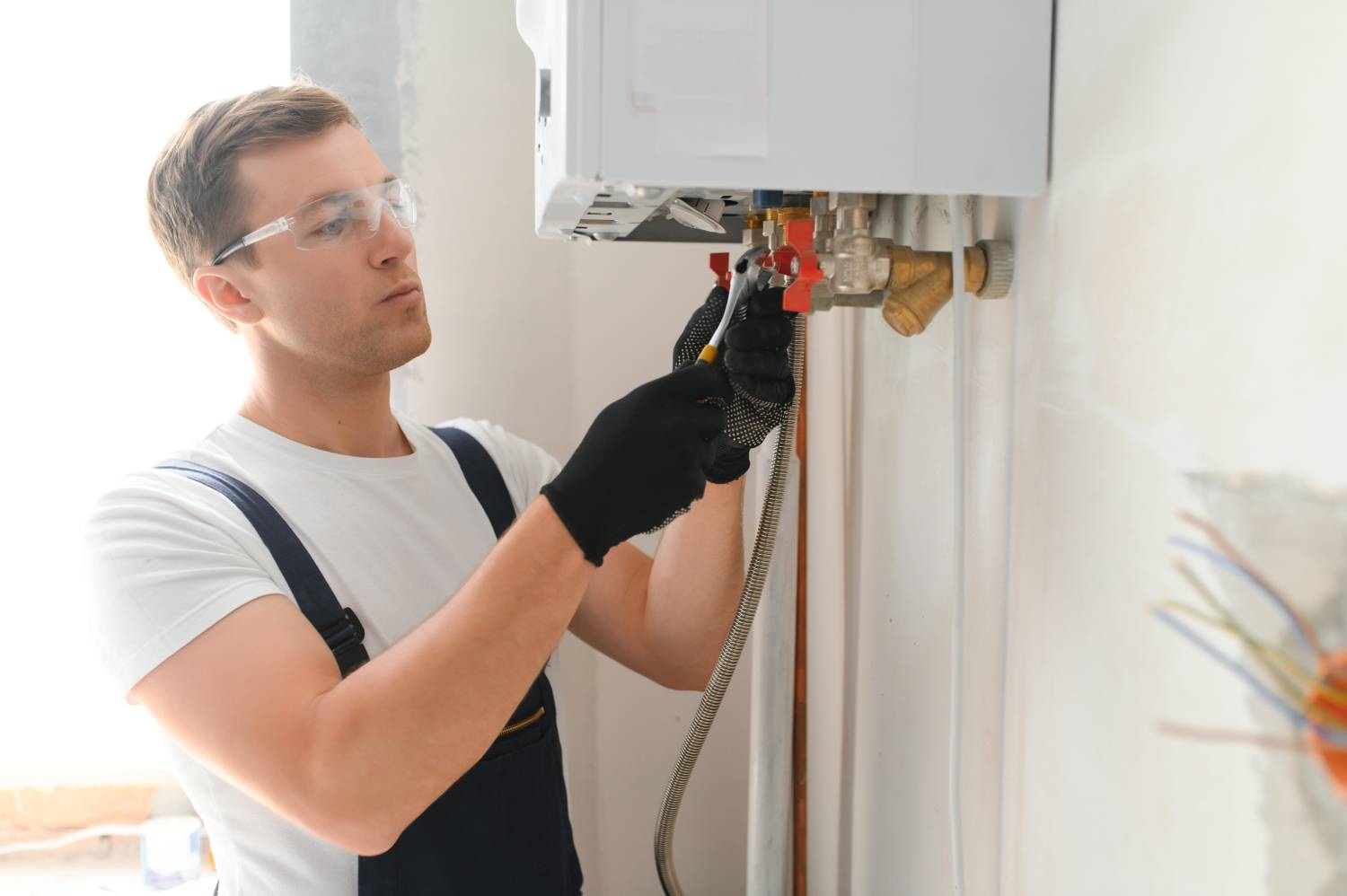
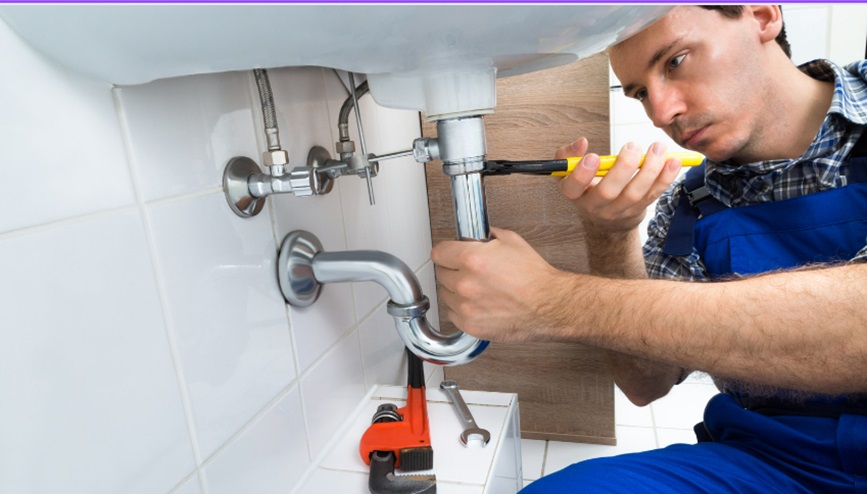
Comments